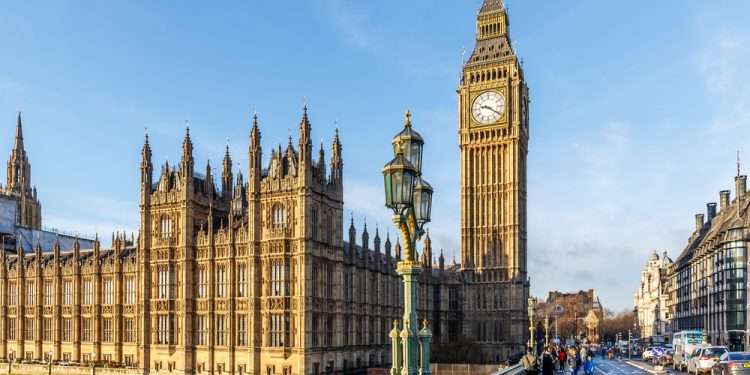The independent and private hospital and healthcare sector stands ready to continue to deliver services on behalf of the NHS as the health service gets set to undergo further reforms designed to break existing ‘cosy local monopolies’.
Sector representatives said that a Government White Paper on NHS reform, published this week, has the potential to offer patients greater choice and break what former Health Secretary Jeremy Hunt had described as ‘cosy local monopolies’ among health commissioning bodies and providers of care.
Current Health Secretary Matt Hancock said that the latest reforms, outlined in this week’s White Paper, should mean that health and care services can work more closely together.
Hancock said the planned restructure will mean a focus “on the health of the population, not just the health of patients”.
But Labour questioned the timing of the changes “in the middle of the biggest public health crisis our NHS has ever faced”, saying staff were exhausted.
The Health Secretary, though, said there was “no better time than now”.
Hancock said: “The pandemic has made the changes in this White Paper more not less urgent.”
The shake-up will see the law changed to reverse reforms of the NHS in England introduced under Prime Minister David Cameron in 2012.
The new system would see the NHS and local councils take decisions about local health together.
Organisations called “integrated care systems” – which already exist in some parts of the country – will be set up in each part of England and be responsible for funding to support that area’s health.
Hancock said: “They will provide not just for the treatments that are needed but support people to stay healthy in the first place.”
The proposals include scrapping the tendering rule, which sees providers and private companies compete to win contracts to run services.
Those behind the changes said that rule made it complicated for councils and different parts of the NHS to set up joint teams and pool their budgets, with some having to set up separate bodies to bid for contracts.
Under the new set-up, the NHS and councils will be left to run services and told to collaborate with each other to pool resources.
David Hare, chief executive of the Independent Healthcare Providers Network (IHPN), said: “With today’s NHS performance figures showing record long waits with almost 225,000 people waiting over one year for vital NHS treatment, these proposals for NHS reform must be judged not only on whether they ensure that patients receive integrated, joined up care, but also that they ensure that patients have quick access to diagnosis and treatment.
“Since March 2020, independent sector providers have treated millions of NHS patients, including 2.5 million patients under the unprecedented contract whereby all independent hospital capacity was put at the disposal of the NHS in response to Covid-19. It is clear that independent healthcare providers will continue to be vital in supporting the NHS over the coming years by improving access and efficiency in NHS care.
“We are therefore pleased to see a recognition in today’s White Paper that patients will be able to choose from a wide range of healthcare providers so long as they meet NHS standards. We want to see this sit alongside models of integrated care which bring the best of public, voluntary, and independent sector providers together to deliver great care to NHS patients and to avoid what the former Health Secretary Jeremy Hunt described as ‘cosy local monopolies’.”
Hare said that the IHPN will “look closely” at proposals for a new provider selection regime where patients and taxpayers alike will want assurances that the NHS will have access to the “best and most innovative services regardless of who provides them”, and that poorly performing services will be challenged to improve, including “through the option of alternative provision”.






